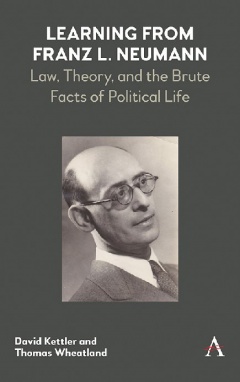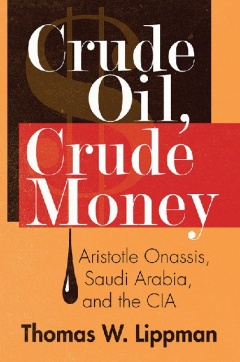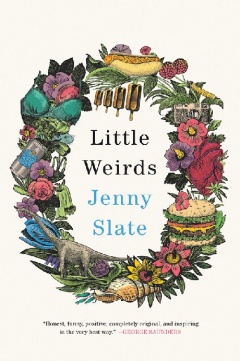Columbia College | Columbia University in the City of New York
Bookshelf

and the Brute Facts of Political Life by David Kettler ’51 and Thomas Wheatland. The first English-language, full-length study of Neumann, a highly regarded Columbia professor and exile scholar who played a prominent role in efforts to break down the divide between political theory and the empirical discipline of political science (Anthem Press, $99, Kindle version).
Renia’s Diary: A Holocaust Journal translated by Elizabeth Bellak GS’55. The widow of George M. Bellak ’57 brings to life the diary of her late sister, who was murdered by the Gestapo in 1942; the book became a New York Times bestseller (St. Martin’s Press, $27.99).
Cesare: A Novel of War-Torn Berlin by Jerome Charyn ’59. The latest from Charyn, an author of more than 50 works of fiction and nonfiction, is a literary thriller and love story, “born of the horrors of a country whose culture has died, whose history has been warped, and whose soul has disappeared” (Bellevue Literary Press, $26.99).

The Cambridge Introduction to British Fiction, 1900–1950 by Robert L. Caserio ’65. An examination of the work of more than 100 writers in a variety of genres, including detective, spy, gothic, fantasy, comic and science fiction; Caserio also brings new attention to lesser-known writers he thinks merit increased attention (Cambridge University Press, $29.99).
Biotech Juggernaut: Hope, Hype, and Hidden Agendas of Entrepreneurial Bioscience by Stuart Newman ’65 and Tina Stevens. The authors recount their encounters with biotechnology in scientific, legal, policy and advocacy settings, and give broad historical context to biotech and its societal implications (Routledge, $42.95).
Chip Rock and the Fat Old Fart: A Heartwarming Adventure by Michael Daswick ’79. The story of a comic and poignant friendship between 23-year-old orphan Chip Rock and Deacon, a 50-something, socially outcast meat cutter (Bowker, $28.95).
My Creative Space: How to Design Your Home to Stimulate Ideas and Spark Innovation by Donald M. Rattner ’79. Rattner, a noted architect, shares practical techniques for shaping a home that will boost your creativity, and includes photos of interiors from around the world (Skyhorse, $29.99).
The Misadventures of Rabbi Kibbitz and Mrs. Chaipul by Mark Binder ’84. The fourth book in Binder’s “Life in Chelm” series features stories about the importance of exercise for seniors, maintaining your identity and the joy of eating good food (Light Publications, $29.95).
What You Do Is Who You Are: How to Create Your Business Culture by Ben Horowitz ’88. Horowitz, a leading venture capitalist and modern management expert, explains how to make your company culture purposeful by spotlighting four historical models of leadership and connecting them to modern case studies (Harper Business, $29.99).



Characters Before Copyright: The Rise and Regulation of Fan Fiction in Eighteenth-Century Germany by Matthew Birkhold ’08. The first in-depth study of the history of fan fiction — literary works written by readers who appropriate preexisting characters invented by other authors (Oxford University Press, $70).
Who Put This Song On? by Morgan Parker ’10. The first novel from poet Parker, about a black teenage girl searching for identity when the world around her views her depression as something to be politely ignored (Delecorte Press, $18.99).
— Jill C. Shomer
Issue Contents
Published three times a year by Columbia College for alumni, students, faculty, parents and friends.
Columbia Alumni Center
622 W. 113th St., MC 4530, 6th Fl.
New York, NY 10025
212-851-7852
cct@columbia.edu
Columbia Alumni Center
622 W. 113th St., MC 4530, 4th Fl.
New York, NY 10025
212-851-7488
ccalumni@columbia.edu

